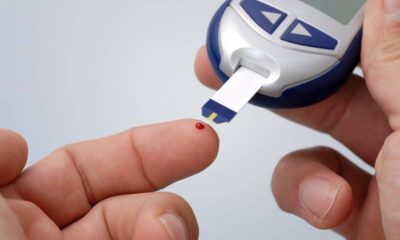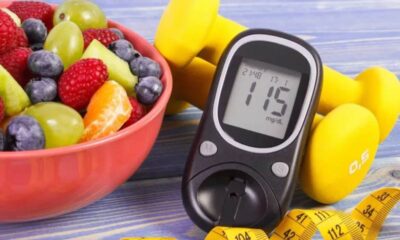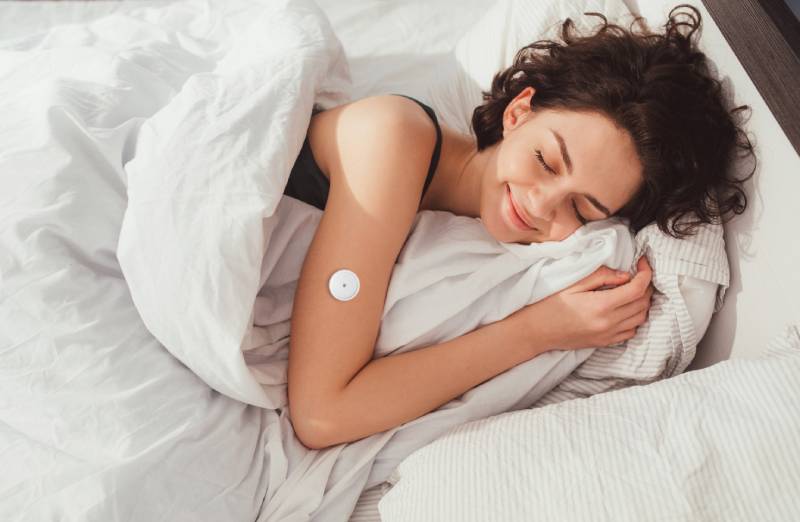Managing diabetes doesn’t stop when the day ends. For many people, nighttime can be one of the riskiest times for low blood sugar, also known as nocturnal hypoglycemia. Since you’re asleep, it’s harder to notice warning signs, making it important to understand the symptoms, risks, and prevention strategies.
What Is Nocturnal Hypoglycemia?
Nocturnal hypoglycemia occurs when your blood sugar drops below normal levels while you are sleeping. This often happens because your body continues using glucose through the night, but factors like insulin dosage, skipped meals, or evening exercise can increase the risk.
Common Symptoms of Low Blood Sugar at Night
Even while sleeping, your body may show warning signs. These include:
- Night sweats (waking up drenched in sweat)
- Shaking or trembling during sleep
- Restless sleep or frequent waking
- Nightmares or vivid dreams
- Morning headaches
- Unexplained fatigue upon waking
- Confusion or irritability at night (noticed by a partner or family member)
If these signs go unnoticed, blood sugar may drop to dangerously low levels.
Why Does Nighttime Hypoglycemia Happen?
Several factors can contribute:
- Too much insulin before bed
- Skipping or delaying dinner/snacks
- Alcohol consumption in the evening
- Increased physical activity during the day without adjusting insulin or food
- Certain diabetes medications that peak overnight
Dangers of Ignoring Low Blood Sugar at Night
When untreated, severe hypoglycemia during sleep can cause:
- Seizures
- Loss of consciousness
- Increased risk of accidents the following day (due to fatigue and confusion)
- In rare cases, life-threatening complications
How to Prevent Nighttime Low Blood Sugar
- Check blood sugar before bed: Make sure it’s in a safe range.
- Eat a balanced bedtime snack: Include protein + complex carbs (e.g., peanut butter with whole grain toast).
- Adjust insulin/medications: Ask your doctor about safe nighttime doses.
- Use continuous glucose monitoring (CGM): CGMs with alarms can alert you when your blood sugar drops while you sleep.
- Limit alcohol before bed: Alcohol can cause late-night blood sugar drops.
When to Call Your Doctor
If you frequently wake up sweaty, dizzy, or exhausted, or if your blood sugar is often low in the morning, talk to your healthcare provider. They may adjust your medication, meal plan, or recommend using a CGM for added safety.
Final Thoughts
Sleeping with diabetes should not feel unsafe. By learning to recognize the warning signs of nighttime hypoglycemia and taking preventive steps, you can rest more peacefully and protect your health.

 Diabetology2 weeks ago
Diabetology2 weeks ago
 Diabetology2 weeks ago
Diabetology2 weeks ago
 Diabetology6 days ago
Diabetology6 days ago
 Diabetology6 days ago
Diabetology6 days ago
 General Medicine12 hours ago
General Medicine12 hours ago





